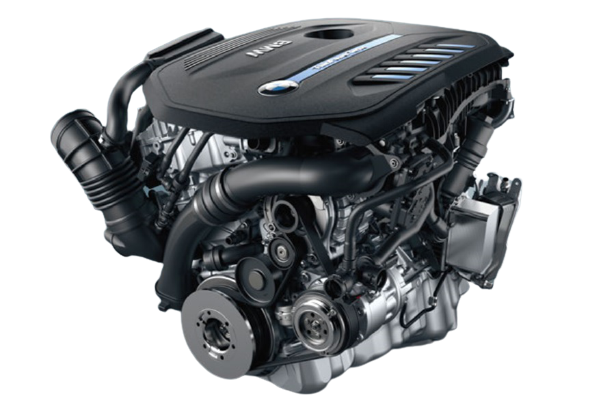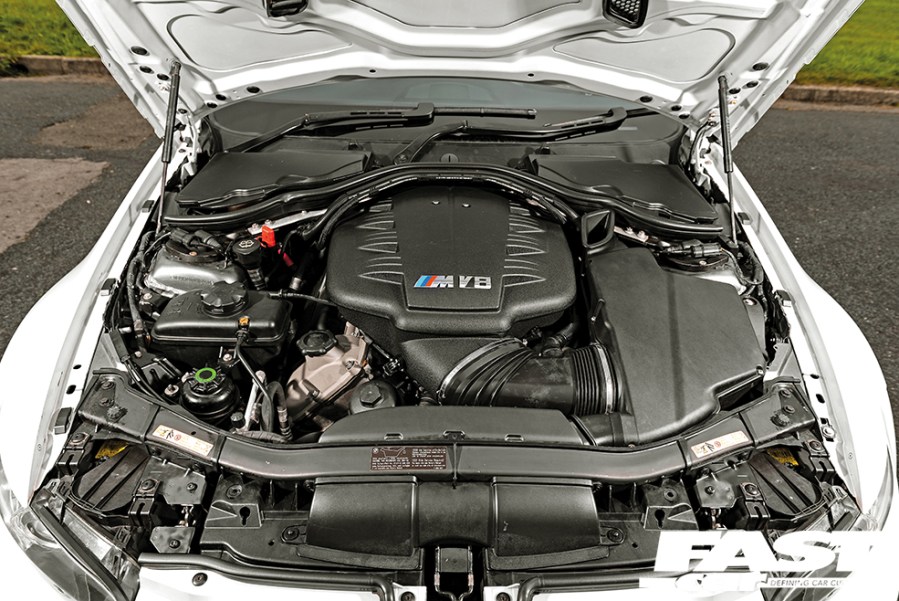A Comprehensive Overview to Recognizing BMW Engine Specifications
A Comprehensive Overview to Recognizing BMW Engine Specifications
Blog Article
Introducing the Intricacies of Next-Generation Power Units: a Deep Study Advanced Engine Technologies and styles
As we stand on the precipice of a new period in transport, the details of next-generation engine designs beckon us to check out the sophisticated modern technologies and advancements that guarantee to redefine the driving experience. Diving deeper right into the worlds of exhaust control, intelligent engine management systems, and the horizon of power unit advancement, we locate ourselves on the cusp of a transformation that assures to reshape the landscape of wheelchair as we recognize it.
Advancement of Engine Materials

The change towards advanced engine products has likewise enabled engineers to develop engines with higher power outputs while preserving fuel performance standards. As an example, the usage of light-weight products lowers the total weight of the engine, causing improved fuel economic climate and reduced discharges. Additionally, improvements in products modern technology have actually enabled better thermal management within engines, resulting in increased reliability and long life.
Turbocharging and Supercharging Technologies
Just How do Turbocharging and Supercharging Technologies reinvent engine performance and performance in contemporary cars? Turbocharging and turbo charging are modern technologies that substantially improve engine efficiency by boosting the amount of air consumption into the burning chamber. Turbocharging accomplishes this by utilizing a turbine driven by exhaust gases to pressurize the consumption air, while supercharging makes use of a belt- or chain-driven compressor to accomplish the same result.
These innovations allow smaller sized, extra fuel-efficient engines to produce power equal to larger ones, recognized as downsizing. Forcibly more air into the cyndrical tubes, turbocharging and turbo charging enhance burning performance, leading to increased horse power and torque result without a considerable boost in engine dimension. This leads to better velocity, towing capability, and general driving performance.
Moreover, turbocharging and turbo charging add to boosted gas performance by permitting the usage of smaller sized engines that take in much less gas under regular driving conditions - bmw engine. This mix of boosted performance and efficiency has made turbocharging and supercharging integral parts of several modern engine designs
Discharge Control and Environmental Influence
With increasing worldwide issues regarding air quality and ecological sustainability, the application of emission control innovations in cars plays a crucial duty in lowering hazardous pollutants released right into the atmosphere. Modern lorries are furnished with advanced discharge control systems that aid reduce the environmental influence of vehicle operations. Catalytic converters, as an example, are created to convert harmful gases such as carbon monoxide, nitrogen oxides, and hydrocarbons right into much less harmful substances like carbon dioxide and water vapor.
Additionally, improvements in engine technology, such as the integration of exhaust gas recirculation systems and discerning catalytic reduction, have considerably added to decreasing discharges. These modern technologies function in tandem to enhance combustion efficiency and reduce the launch of harmful pollutants into the air. In addition, investigate this site the advancement of crossbreed and electrical lorries stands for a vital step in the direction of reducing the general ecological footprint of the transportation sector.
Intelligent Engine Monitoring Systems

Furthermore, these systems allow automobiles to meet strict discharges standards without compromising performance, giving a more eco-friendly driving experience. The assimilation of synthetic intelligence and maker discovering capabilities in engine administration systems remains to press the boundaries of what is feasible, bring about more enhancements in effectiveness, reliability, and overall vehicle efficiency. bmw engine. As vehicle technology advances, intelligent engine management systems will certainly play a vital duty fit the future of transport in the direction of a more sustainable and efficient direction
Future Trends in Power Unit Growth
As smart engine administration systems lead the way for improved control and optimization in modern-day lorries, future fads in power device growth are positioned to redefine the landscape of vehicle propulsion innovations. These alternative power sources offer boosted performance and efficiency while lining up with strict ecological policies.
Another significant fad is the assimilation of sophisticated products and making methods. Lightweight products such as carbon fiber and light weight aluminum are being used to reduce general car weight, enhancing gas effectiveness and performance. Furthermore, innovations in 3D printing and additive production are making it possible for the manufacturing of complex engine parts with higher accuracy and longevity.
Moreover, synthetic knowledge and artificial intelligence are playing an visit homepage essential duty in enhancing power system performance. These modern technologies enable real-time surveillance and adaptive control, bring about a lot more efficient and dependable power shipment. On the whole, future patterns in power system development webpage are tailored towards performance, sustainability, and effectiveness, driving the automotive industry in the direction of a brand-new period of propulsion technologies.

Conclusion
Finally, the developments in engine materials, turbocharging, discharge control, and intelligent monitoring systems have led the way for next-generation power units. These advancements have not only enhanced efficiency and efficiency yet also minimized environmental effect. As modern technology remains to advance, future trends in power unit growth are likely to concentrate on more enhancing sustainability and enhancing power result. The intricate layouts and developments in contemporary engines display the ongoing evolution of automotive technology.
Discovering the dynamic advancements in engine products has actually been pivotal in enhancing the performance and efficiency of contemporary engines. Over the years, the development of engine materials has played a critical duty in pressing the borders of what engines can attain.The change in the direction of advanced engine materials has also enabled engineers to design engines with higher power outputs while maintaining fuel efficiency standards.The implementation of smart engine monitoring systems in modern-day automobiles has actually revolutionized the means engines are regulated and maximized for performance and efficiency. By collecting data in real-time and assessing it with innovative formulas, smart engine monitoring systems can adjust to driving styles, environmental elements, and engine wellness to optimize power output while minimizing fuel usage and exhausts.
Report this page